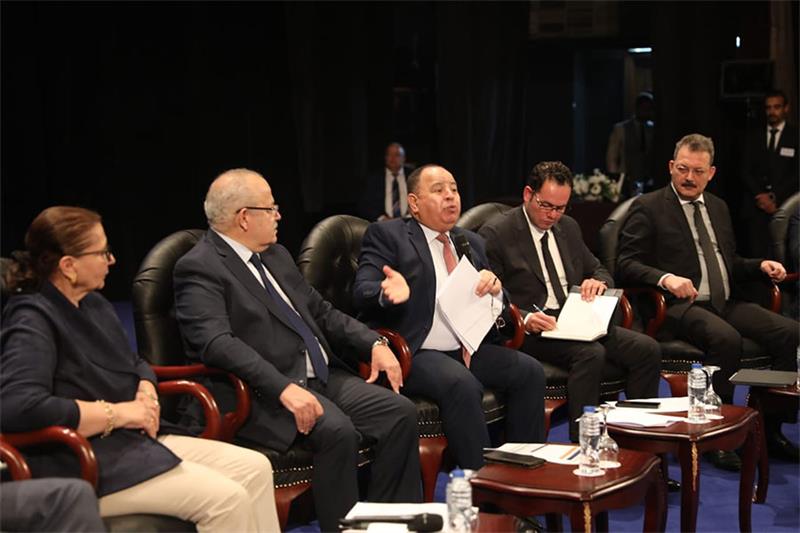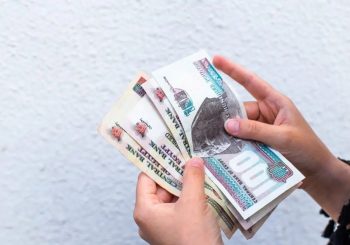On Monday 20 May, Egypt’s Finance Minister, Mohamed Maait, spoke during a seminar on “Policymaking in Times of Increasing Risks and Uncertainty,” highlighting the government’s efforts to manage the country’s public finances amidst global inflationary waves.
With domestic and international challenges (including the war in Ukraine, Gaza, and turmoil in the Red Sea region, Finance Minister Mohamed Maait announced the implementation of a “corrective phase” to improve Egypt’s economy.
According to Maait, Egypt’s import bill has risen by USD 4 billion (EGP 186 billion) per month due to the surge in global prices, increased shipping costs, and exchange rate fluctuations.
This escalating financial burden has been compounded by the economic slowdown, reduced trade movement, and the restrictive policies adopted to address the inflationary pressures.
The minister projected a 60 percent decline in Suez Canal revenues, attributing this to the ongoing tensions in the Red Sea region, a repercussion of the Israeli war on Gaza.
The government’s financial obligations have further increased due to the rising costs of financing, a result of higher interest rates and currency fluctuations.
However, Maait assured that the state’s priority remains the allocation of expenditures towards essential needs, including salaries, pensions, subsidies, development projects, healthcare, and education, to fulfill its obligations to the citizens.
To navigate these challenges, the Egyptian government has adopted a multi-faceted approach. The minister emphasized the commitment to supporting the agriculture, industry, and information technology sectors, aiming to stimulate production and exports.
Additionally, the government has pledged to implement initiatives to attract more investment, with the state treasury providing EGP 120 billion in financial facilities to support productive activities.
Maait underscored the government’s flexibility, balance, and coherence in its policies, stating, “We are betting on the private sector to unleash the capabilities of the Egyptian economy towards sustainable growth, in line with the increasing population growth and the consequent need to redouble efforts to meet people’s needs.”







Comment (1)
[…] post Egypt Navigates Economic Challenges Amid Global Crises first appeared on Egyptian […]